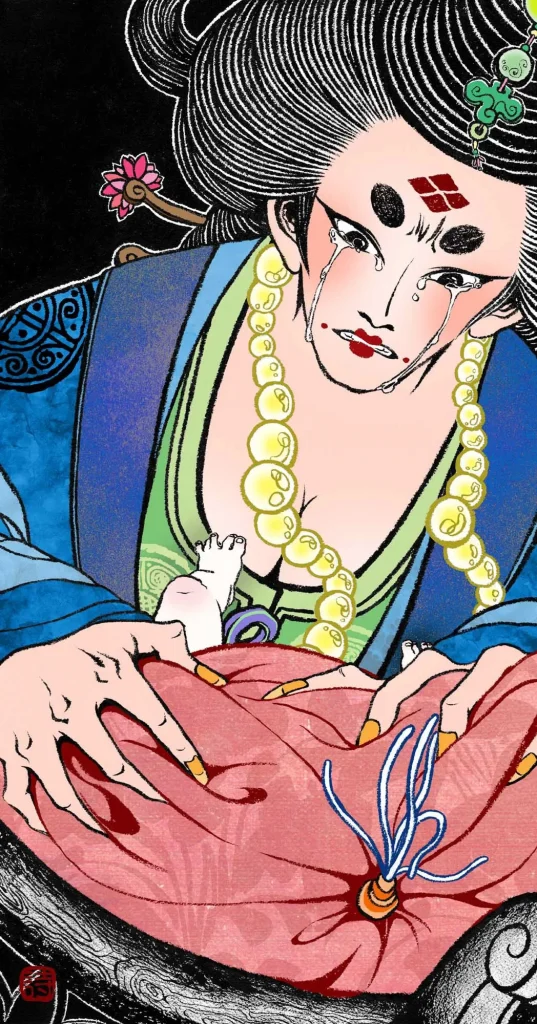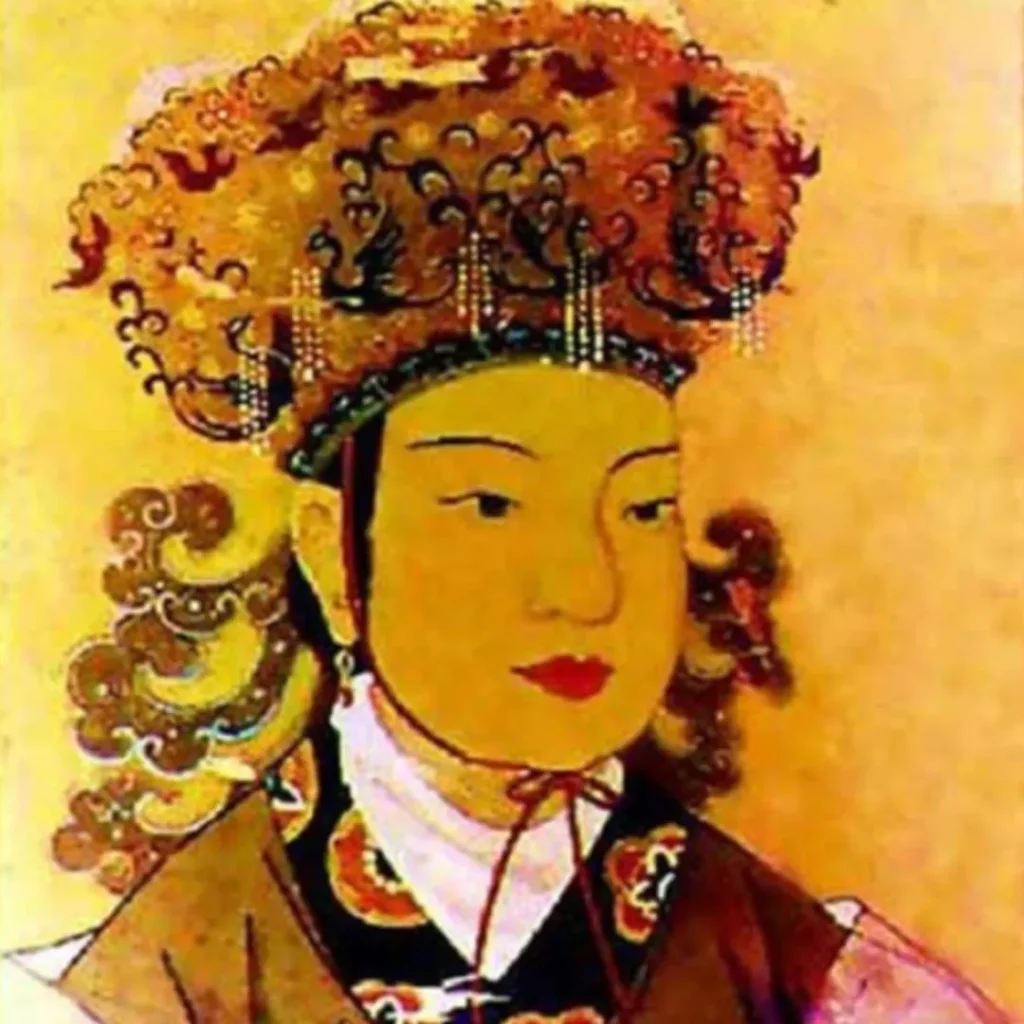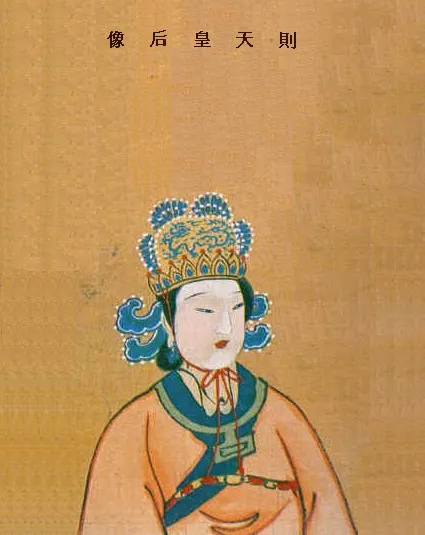
Among the ranks of history’s wealthiest individuals stands Empress Wu Zetian, whose fortune dwarfs those of contemporary billionaires like Mukesh Ambani ($117.6 billion), Elon Musk ($240.7 billion), and Jeff Bezos ($200.8 billion). As of July 30th, Forbes estimates her wealth at an astonishing $16 trillion, making her the richest woman ever. Long before today’s billionaires made headlines, Wu Zetian, a powerful ruler of the Tang dynasty, amassed her incredible wealth, illustrating the immense power and riches that could be acquired in ancient times.
About Empress Wu Zetian
Empress Wu Zetian, often depicted by historians as a shrewd and cunning ruler, rose to power during the Tang dynasty (618-907 AD) and ruled from 690 to 705 AD. She amassed her wealth through strategic control of the empire’s resources, taxation, and extensive land holdings. As the leader of one of the world’s largest and most prosperous empires, her influence stretched across politics, trade, and cultural development. Wu Zetian used her immense wealth to strengthen her reign, secure political alliances, and solidify her legacy.

Political Strategies and Controversies
Wu Zetian employed various political strategies, some of which were ruthless, to secure and maintain her grip on power. Historical accounts suggest she went to extreme lengths, including accusations of eliminating her own offspring, to eliminate threats to her rule. Despite these contentious aspects, her leadership brought significant achievements to the Tang dynasty.
Economic Prosperity
Her roughly 15-year rule saw the expansion of the Chinese empire into Central Asia, extending China’s influence across vast territories. Under her governance, the Chinese economy thrived, particularly through the booming trade of tea and silk, which were among the most sought-after commodities in global markets. This era of economic prosperity solidified China’s position as a global trading power, with bustling trade routes reaching as far as the Middle East and Europe.

Cultural Advancements
Wu Zetian’s reign was also marked by advancements in cultural and intellectual pursuits. She supported Buddhism and initiated policies to promote scholars and officials based on merit rather than birthright. Her legacy is a blend of power, controversy, and significant contributions to China’s economic and territorial expansion.
Empress Wu Zetian remains a remarkable figure in history, not only for her unprecedented wealth but also for her impact on the Tang dynasty and Chinese history as a whole. Her story serves as a testament to the extraordinary power and riches that one could amass in ancient times, making her a standout figure in the annals of history.
